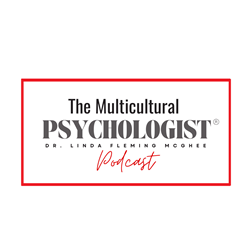Utilization of a Culturally Focused Semi-Structured Interview (WCSCI) in Clinical Assessment 1.5 CEs
SPA E-Learning Center | 2022 SPA Convention
Abstract
This symposium will focus on a specific method of ensuring diversity-sensitive, context-informed psychological assessment, specifically during graduate level training, focused on the implementation and utilization of a culture-focused semi-structured interview. A specific measure, the Wright-Constantine Structured Cultural Interview (WCSCI; Wright & Constantine, 2020), based on the ADDRESSING model (Hays, 2003), will be introduced, including its purpose, foundation, process, utilization, and potential benefits in assessment training. The implementation of this measure in a small university-based assessment clinic offering low-cost assessments to a culturally-diverse population will be described via several graduate clinical psychology trainees. Trainees will discuss their own experiences with the learning process and overcoming various challenges when using this interview. This includes acknowledging personal bias, asking sensitive questions, and collaborating with clients to better understand their unique lived experiences as relevant to their referral questions and overall assessment process. The various benefits trainees identify in terms of their own personal and professional growth, assessment skills, and the overall assessment process, will be described along with insight toward future utilization of the WCSCI in assessment training based on such experiences. In addition, preliminary feedback from clients about their experience with this cultural interview and the related overall assessment process will be reviewed. Trainee reflections, lessons learned, and recommendations will be shared. Finally, input from supervisors will be offered about utilization of such a measure and suggestions for future research and clinical training will be provided.
Chair
Hadas Pade | California School of Professional Psychology San Francisco
Discussant
Andrew Wright | New York University Steinhardt School of Culture, Education, and Human Development

